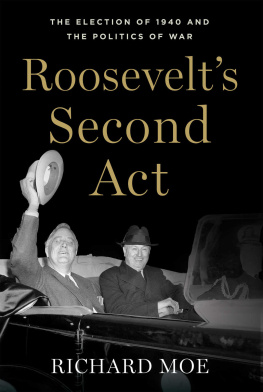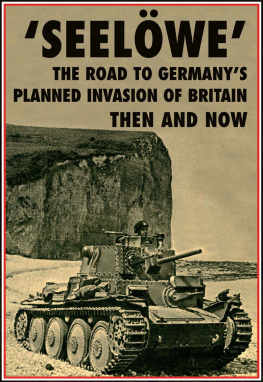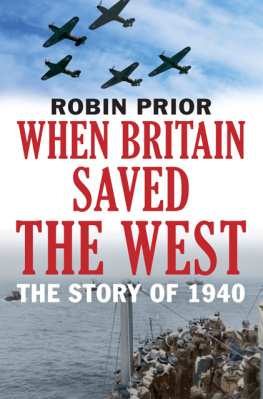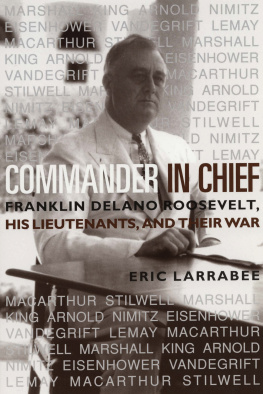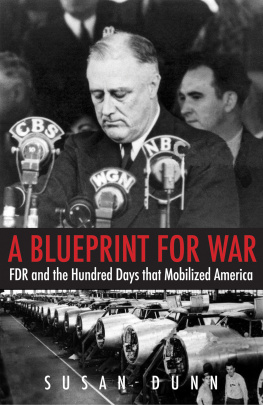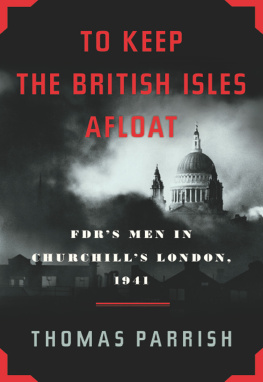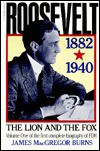ROOSEVELTS SECOND ACT
PIVOTAL MOMENTS IN AMERICAN HISTORY
Series Editors
David Hackett Fischer
James M. McPherson
David Greenberg
James T. Patterson
Brown v. Board of Education:
A Civil Rights Milestone and Its Troubled Legacy
Maury Klein
Rainbows End: The Crash of 1929
James McPherson
Crossroads of Freedom: The Battle of Antietam
Glenn C. Altschuler
All Shook Up: How Rock n Roll Changed America
David Hackett Fischer
Washingtons Crossing
John Ferling
Adams vs. Jefferson: The Tumultuous Election of 1800
Joel H. Silbey
Storm over Texas: The Annexation Controversy and the Road to Civil War
Raymond Arsenault
Freedom Riders: 1961 and the Struggle for Racial Justice
Colin G. Calloway
The Scratch of a Pen: 1763 and the Transformation of North America
Richard Labunski
James Madison and the Struggle for the Bill of Rights
Sally McMillen
Seneca Falls and the Origins of the Womens Rights Movement
Howard Jones
The Bay of Pigs
Elliott West
The Last Indian War: The Nez Perce Story
Lynn Hudson Parsons
The Birth of Modern Politics: Andrew Jackson, John Quincy Adams, and the Election of 1828
Glenn C. Altschuler and Stuart M. Blumin
The GI Bill: A New Deal for Veterans
Richard Archer
As If an Enemys Country: The British Occupation of Boston and the Origins of Revolution
Thomas Kessner
The Flight of the Century: Charles Lindbergh and the Rise of American Aviation
Craig L. Symonds
The Battle of Midway
Also by Richard Moe
The Last Full Measure: The Life and Death of the First Minnesota Volunteers
Changing Places: Rebuilding Community in the Age of Sprawl (coauthor)
RICHARD MOE
ROOSEVELTS SECOND ACT
The Election of 1940 and the Politics of War


Oxford University Press is a department of the University of Oxford. It furthers the Universitys objective of excellence in research, scholarship, and education by publishing worldwide.
Oxford New York
Auckland Cape Town Dar es Salaam Hong Kong Karachi
Kuala Lumpur Madrid Melbourne Mexico City Nairobi
New Delhi Shanghai Taipei Toronto
With offices in
Argentina Austria Brazil Chile Czech Republic France Greece
Guatemala Hungary Italy Japan Poland Portugal Singapore
South Korea Switzerland Thailand Turkey Ukraine Vietnam
Oxford is a registered trademark of Oxford University Press in the UK and certain other countries.
Published in the United States of America by
Oxford University Press
198 Madison Avenue, New York, NY 10016
Richard Moe 2013
All rights reserved. No part of this publication may be reproduced, stored in a retrieval system, or transmitted, in any form or by any means, without the prior permission in writing of Oxford University Press, or as expressly permitted by law, by license, or under terms agreed with the appropriate reproduction rights organization. Inquiries concerning reproduction outside the scope of the above should be sent to the Rights Department, Oxford University Press, at the address above.
You must not circulate this work in any other form and you must impose this same condition on any acquirer.
Library of Congress Cataloging-in-Publication Data
Moe, Richard.
Roosevelts second act : the election of 1940 and the politics of war / Richard Moe.
pages cm
Includes bibliographical references and index.
ISBN 978-0-19-998191-5
1. PresidentsUnited StatesElection1940.
2. Roosevelt, Franklin D. (Franklin Delano), 18821945.
3. United StatesPolitics and government19331945.
4. United StatesForeign relations19331945.
5. PresidentsTerm of officeUnited States.
6. World War, 19391945United States. I. Title.
E811.M58 2013
973.917092dc23 2013004529
1 3 5 7 9 8 6 4 2
Printed in the United States of America on acid-free paper
To Julia
That quality of simplicity which we delight to think marks the great and noble was not his. He was the most complicated human being I ever knew; and out of this complicated nature there sprang much of the drive which brought achievement, much of the sympathy which made him like, and liked by, such oddly different types of people, much of the detachment which enabled him to forget his problems in play or rest, and much of the apparent contradiction which so exasperated those associates of his who expected crystal clear and unwavering decisions. But this very complication of his nature made it possible for him to have insight and imagination into the most varied human experiences, and this he applied to the physical, social, geographical, economic and strategic circumstances thrust upon him as responsibilities of his time.
Frances Perkins
CONTENTS
F or much of 1939 and 1940, Franklin Delano Roosevelt was thinking about two big decisions he had to maketwo of the biggest decisions in all of American history. The first was whether to seek an unprecedented third term as president. The second was whether to go to war.
He knew his mind on the latter better than on the former.
Despite rampant isolationism on both the left and the right, Roosevelt firmly grasped that the United States couldnt sit idly by while Hitler and the Germans lay waste to Western Civilization. Indeed, ever since his waters-testing speech in October 1937 calling for a quarantine of aggressor nations, and through his drive to revise the misguided Neutrality Acts of the mid-thirties, FDR had been readying the public to confront the eventual necessity of war. Yet the president had to move slowly and deliberately. If he were to outrun public opinion, he wouldnt be able to lead at all.
But if Roosevelt was cagey about his intentions in Europe, when it came to breaking with the presidential tradition of serving only two terms he was downright opaque. This issue provoked intense curiosity. Ever since George Washington and Thomas Jefferson foreswore any interest in continuing their tenures in office, the injunction that presidents should retire after eight years in the White House had become nearly inviolable. And Roosevelt, who had already been caricatured as a power-mad dictator by rightists hostile to his activism, was sensitive to overstepping boundaries.
Still, for month upon month as pundits kibitzed about his plans, FDR played his cards close to his vestso close, in fact, that he seemed barely able to glimpse them himself. At the December 1939 Gridiron Club dinner, during which the press corps routinely roasted the president amid song and libation, members wheeled out an eight-foot-tall papier-mch sphinx featuring Roosevelts already iconic grinning mug and cigarette holder. Of the towering creature they asked: Will you run? / Or are you done?
In the audience that night, FDR laughed as hard as anyone. And the papier-mch sphinx remains to this day on view at his presidential library in Hyde Park.
The riddle of how and when Roosevelt made up his mind to seek a third term perplexed not only the press corps at the time but also the presidents closest confidants, and even his wife, Eleanor. It has also for decades bedeviled historians, who have tried to form judgments based on a fragmentary and unreliable documentary record.
Next page
